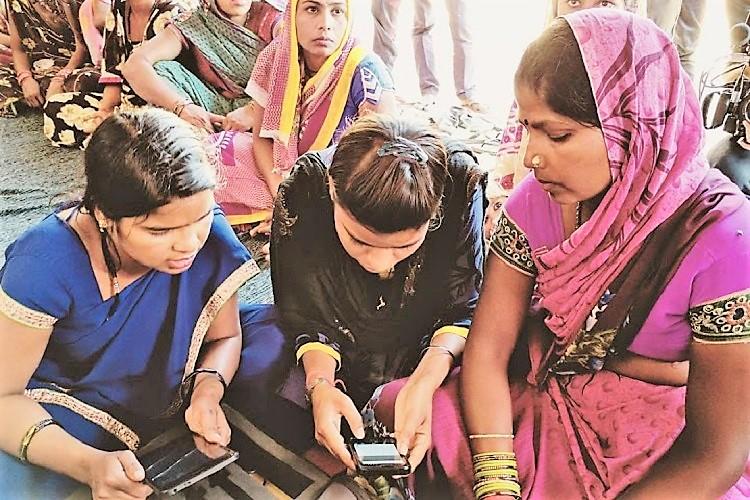Using Smartphone Apps to Stop Domestic Violence in India
November 22, 2019 - Karessa Weir
Smart phone apps can help you shop, navigate roads, connect with friends and, for some women, maybe even save your life. This is the idea behind a new research project by Dr. Soma Chaudhuri, MSU Department of Sociology.
She has received more than $9,000 to test ways mobile technology can assist victims of domestic violence in India to leave their abusers in a pilot study entitled “Smart Phones, Apps, and the Fight to End Violence Against Women.”
“One of the biggest threats women face in the developing world both in their private world and outside is violence. However, research has shown that violence against women is one of the many factors that is an outcome of the structural disadvantage or gender inequality that women face,” Dr. Chaudhuri wrote. Many women in these countries do not have access to the resources available for victims and survivors of domestic violence due to both lack of knowledge and support networks.
The project, situated in the Indian state of Gujarat, will develop a special smart phone app that will have information on various women and child government health programs available in the community. The app will also provide general information on health and hygiene and will provide access to local support groups against domestic violence. Specially trained local women community organizers will then use the app to promote awareness on the importance of women’s and children’s health in both urban and rural locations. While offering assistance in health and hygiene, the organizers will also be able to use the app to provide specific information on resources available and strategize how to navigate the home situation with minimum risk.
“It is expected that women organizers will encounter cases of domestic violence as they go about promoting health programs, and the app will then help them to connect the survivors with crucial lifesaving resources,” Dr. Chaudhuri wrote.
This pilot project is being funded by the MSU Diversity Research Network Awards Program, as well as the Koo Foundation from the Asian Studies Center and the MSU Department of Sociology.

Photo credit: Womenwill India

